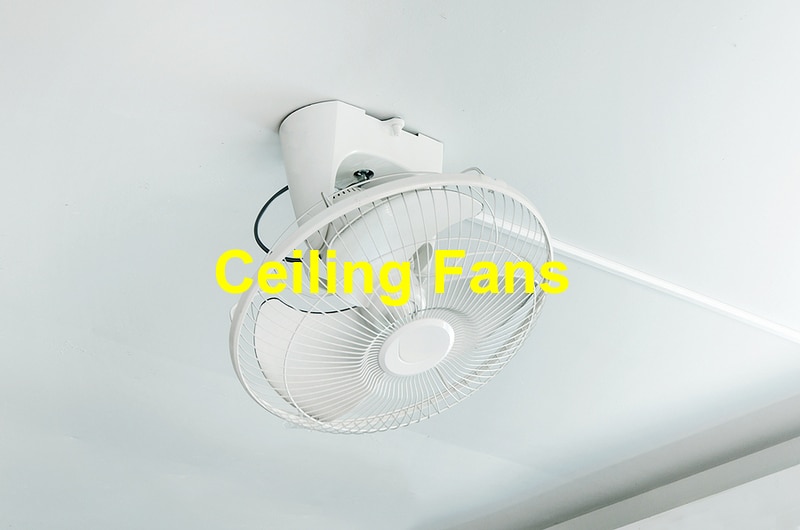Ceiling fans are commonly used for air circulation and temperature regulation in homes. However, concerns about whether ceiling fans might increase indoor air pollutants have been raised. Let’s explore how ceiling fans function and their potential impact on air quality.
Ceiling Fans and Air Movement: Ceiling fans operate by circulating air in a room, creating a breeze that provides a cooling effect. They do not generate or emit air pollutants on their own. Instead, they aid in air circulation, which can help improve overall indoor air quality by promoting better ventilation.
Do Ceiling Fans Contribute to Air Pollutants? Ceiling fans themselves do not produce pollutants. However, they can potentially contribute to indoor air quality issues indirectly. One primary concern is dust accumulation on fan blades. Over time, dust, dirt, and other particles can gather on the blades of ceiling fans, especially if not cleaned regularly.
Dust Accumulation and Air Quality: When ceiling fan blades accumulate dust, they can become a source of indoor air pollutants. As the fan operates, the accumulated dust particles can be dispersed into the air. These airborne particles might include allergens, such as dust mites, pet dander, or pollen, which can exacerbate allergies or respiratory issues for sensitive individuals.
Preventing Air Quality Issues with Ceiling Fans: Regular maintenance and cleaning of ceiling fans are crucial to prevent the buildup of dust and potential air quality issues. Here are some tips:
- Regular Cleaning: Dust fan blades and other components of the ceiling fan regularly to prevent the accumulation of dust and particles.
- Use Proper Ventilation: Ensure your home has adequate ventilation to help remove airborne pollutants.
- Air Filtration Systems: Consider using air purifiers or filtration systems to trap and remove airborne particles, reducing indoor air pollutants.
- Change Air Filters: Maintain HVAC systems by changing air filters regularly to minimize dust and pollutants circulating in the air.
- Manage Indoor Air Quality: Keep your home clean, vacuum regularly, and control humidity levels to prevent the buildup of indoor pollutants.
Conclusion: Ceiling fans themselves do not increase air pollutants; they assist in air circulation and can contribute positively to ventilation. However, dust accumulation on fan blades can potentially lead to the dispersal of airborne particles if not maintained properly. Regular cleaning and maintenance are essential to prevent any negative impact on indoor air quality and ensure that ceiling fans continue to provide efficient airflow without contributing to air pollution in your home.
References: Onehourheatandair, Comfortsystems

